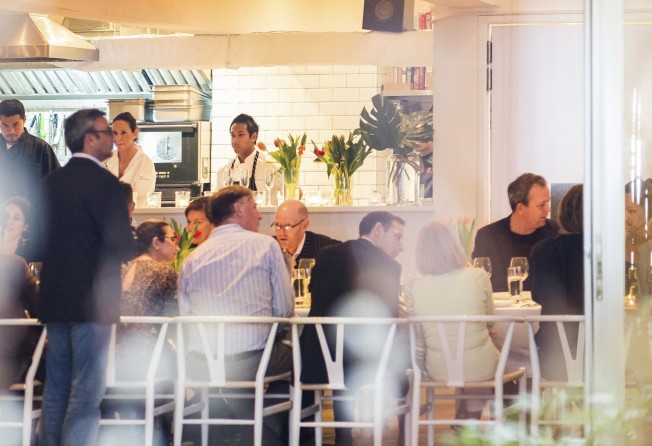Hong Kong’s industrial buildings find new life with ‘retailtainment’ industries, CBRE says

Hong Kong’s industrial buildings are increasingly popular with tenants in the retail, entertainment and technology sectors, although the uptake is hampered by a lack of modern facilities, according to a report by CBRE.
At least a third of industrial space in Hong Kong, equivalent to 87 million square feet, is occupied for non-industrial purposes, according to the Planning Department. These businesses include arts and performance, education, food and beverage [F&B], general retail, recreational and sports.
As the manufacturing sector’s contribution to GDP fell from an average of 27 per cent in the 1970s to the current 1.5 per cent, total office stock increased by 6.3 times between 1976 and 2016, while total stock of industrial space rose by 1.8 times.
Low vacancy rates and high rents for commercial property have helped to fuel the search for cheaper alternatives.
“Today, occupiers from food and beverage, arts and culture, sports and high-tech industries can
all operate under the same roof, fostering the growth of the retail-entertainment
and technology sectors,” said CBRE executive director, advisory & transaction services - retail,
Joe Lin. “Synergy can be created between these retailtainment industries as the flow
of people visiting sports and arts venues can drive demand for F&B and shops within the same
building.”
However, of Hong Kong’s industrial property stock, 83 per cent was constructed before 1990. These properties are mostly outdated in design as well as building infrastructure and safety features, according to CBRE.
This has made buildings with modern specifications, in a safe, legal and commercially viable environment, highly sought after.
Of the 6.4 million sq ft of new industrial space, only 2.8 million sq ft is suitable for modern industrial use, the report said. CBRE Research identified Wong Chuk Hang, Kowloon East, Cheung Sha Wan and Tsuen Wan as preferable for occupiers.